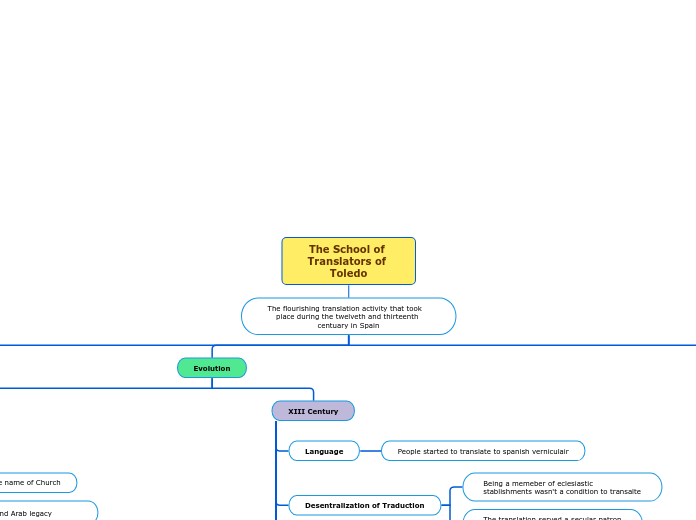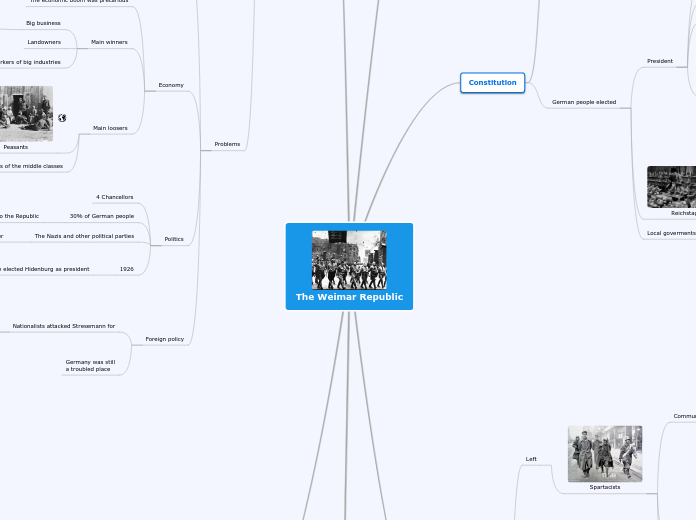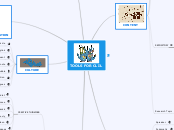Wikipedia contributors. (s/f). Escuela de Traductores de Toledo. Wikipedia, The Free Encyclopedia. https://es.wikipedia.org/w/index.php?title=Escuela_de_Traductores_de_Toledo&oldid=148927224
Jhon Benjamins Publishing Company (2012) Translators through history
The School of Translators of Toledo
The flourishing translation activity that took place during the twelveth and thirteenth centuary in Spain
Influences
"The study of creation, dissemination and popularization in relation to the work of the Toledo translators raises the issue of the appropiation of knowledge through translation."
Dissemination of knowledge
Subdivision into separated functions
The practice of translation
Envirroment and working methods favoured the spread of knowledge
Striking Imbalance
Different states of knowledge in the source culture and the receiving culture
New Translation and creation
Twelveth century Reneissance
Centred on philosophical and scientifc Greek and Arab achivements
Astrology
Astronomy
Maths
Medicine
Evolution
XIII Century
Alfonso X says that texts should be easy to understand
"Terminological" Research
Forge a Spanish culture on the basis of this stroehouse of knowledge
Translation into Castilian Spanish
The corrections and historical references took Arab more into account.
Desentralization of Traduction
The translation served a secular patron (sponsored)
Being a memeber of eclesiastic stablishments wasn't a condition to transalte
People started to translate to spanish verniculair
XII Century
Translation
Translators were more concernet with enhancing their own knowledge
Translation strategies
Abbreviations
Semantic Borrowings
Transliteration
Function
Incorporate foreing knowledge into a latin framework
Elitism
The translation was used to exchange information instead of pupolarizing it
Censoring
Some historical references (mostly arabian) were judged and avoided
Dominated by the Church
A persuit of the Greek and Arab legacy
Translators worked in the name of Church
Language
It was mainly from arab to Latin
Origin
Toledo was a city full of knowledge
Schollars arrived to study with the manuscripcts that were in the city
Alfonso Vi conquers Toledo and made it into a center of intercultural exchange
Many of the muslims leave the city, but their language stills
Mozarabic and jewishes that knew the languge were able to read in latin
Toledo becames the hub of the transalation
Continuing with the studies of Baghdad's school









